Demon Slayer has once again become a hot topic among anime fans with the announcement of a film trilogy adapting the final arc of the story. Demon Slayer: Kimetsu no Yaiba – The Movie: Infinite Castle will be released in September 2025.
Logically, with its current popularity, it would make sense to release a new Demon Slayer game—specifically, a sequel to Demon Slayer: The Hinokami Chronicles (2021). CyberConnect2 was tasked with developing this project, which was released on the 5th.
We at UmGamer played Demon Slayer: The Hinokami Chronicles 2 for this spoiler-free review, so you can learn more about the game and understand whether it's worth buying.
Performance and graphics issues will be addressed! Therefore, below are the specifications of the PC used for this review:
Visual beauty is the hotspot of Hinokami Chronicles 2
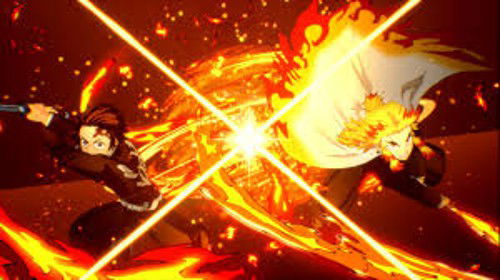
Few games surpass the graphics of Demon Slayer: The Hinokami Chronicles 2—especially if we're just focusing on anime games. From the cutscenes to the gameplay fights—everything is breathtakingly beautiful.
The effects of your character's attack or skill make everything more exciting and heighten your immersion. Even some details, like the rainwater hitting the story mode's backgrounds, are better crafted than your average anime game.
Interface
While this isn't directly related to the game's graphical quality, it's worth mentioning how well the interface is designed. The menus are intuitive and easy to navigate—and it's the first time in a long while that I'm not presented with countless offers, battle passes, or events upon logging into the game.
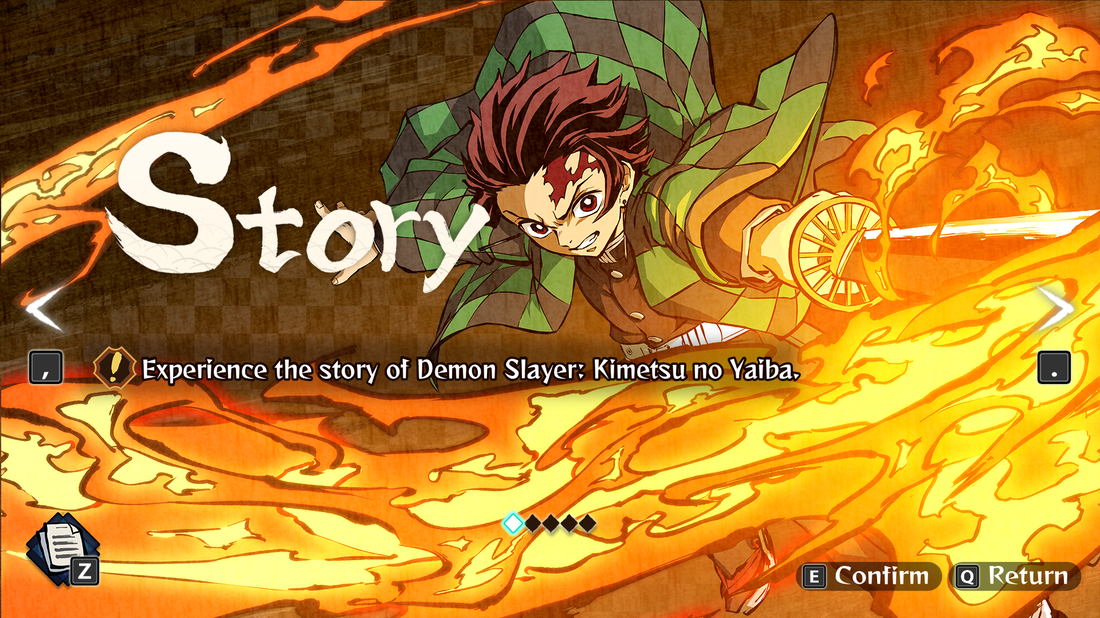
Spoiler-Free Review: Story Mode
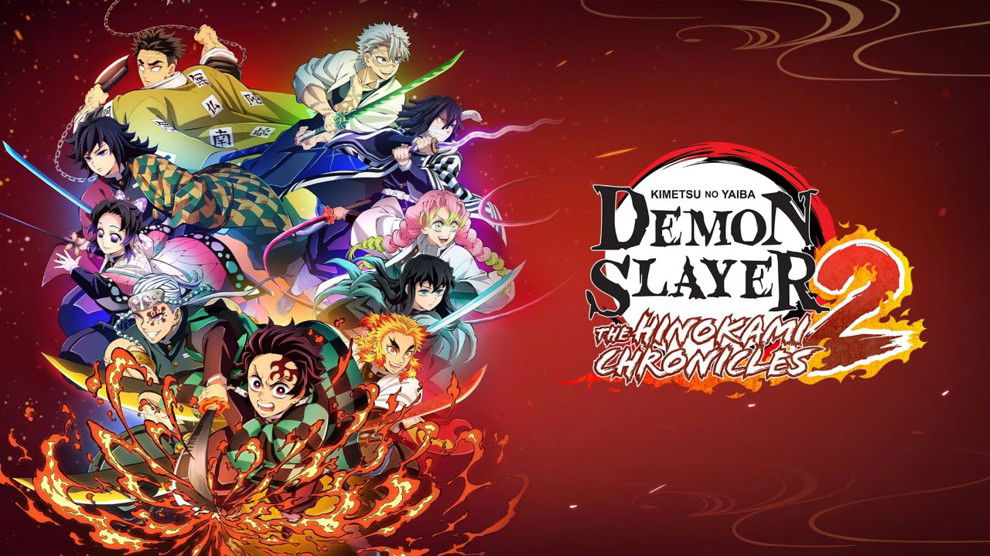
The story mode covers the Entertainment District arc all the way through to Hashira Training. If you missed this part in the manga/anime and have been waiting to experience it in-game, don't worry, this review won't contain any spoilers.
The campaign, divided into chapters, is extremely linear; there are no large maps to explore, only small scenarios with collectibles and scarce side quests. Collecting the items available in the region is easy.
You, and any other player, should aim for an average of six to eight hours to complete the story—especially since there aren't many options to explore in the scenarios. During this gameplay, you'll be introduced to a few different mechanics, such as tasks, minigames, and horde battles—but they're shallow, so the focus will be on the story and traditional combat.
The pacing is also a problem; the end of the campaign, for example, is rushed and leaves points open. Some chapters are extremely quick to complete, without leading you to any fights, and you'll simply walk along a path to talk to other characters. In others, you'll need to win numerous battles and watch countless cutscenes to the point of becoming exhausting.
Finally, the lack of some languages, such as Portuguese for example, affects the experience in large countries—like Brazil—which contribute greatly to the brand's success.
It's worth mentioning the positive aspects. The campaign is extremely faithful to the anime and features scenes identical to those in the series. There's a progression scheme similar to Gears, it maintains the high graphic quality, and some fights can be more challenging.
However, Demon Slayer's smaller scope—compared to Naruto—coupled with the decision to create a more linear campaign, made the mode somewhat empty.
The combat is one of the best in the genre
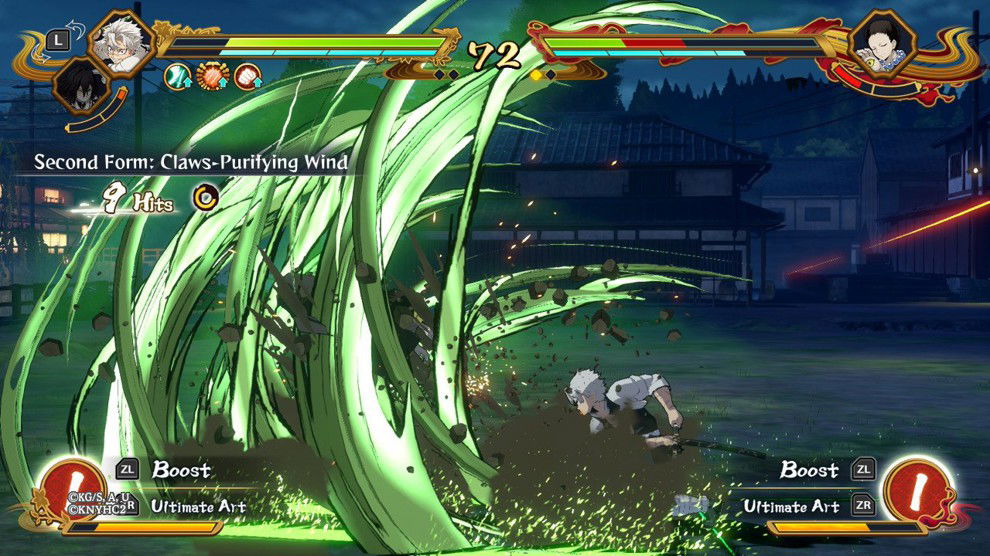
CyberConnect2 followed the same combat model used in Naruto: Ultimate Ninja Storm: 3D arena battles—a strategy widely used by other companies today.
Even though it follows a familiar formula, The Hinokami Chronicles 2 has become a benchmark for its fluid and impactful combat. Each combo execution is incredibly satisfying.
Mixing simple moves with skills, dodges, blocks, and the familiar art attacks, the battles are captivating and one of the game's strengths. The controls are also simple for newcomers to the genre; with a simple and self-explanatory list, everyone will be able to follow the game's combat.
One difference, which may or may not appeal to you, is the inclusion of Gears. You can build up to three of these accessories to strengthen your character in online battles or other modes, such as the campaign.
Basically, these are passive effects that work based on a condition. For example, increasing your attack power for a period after using a skill twice.
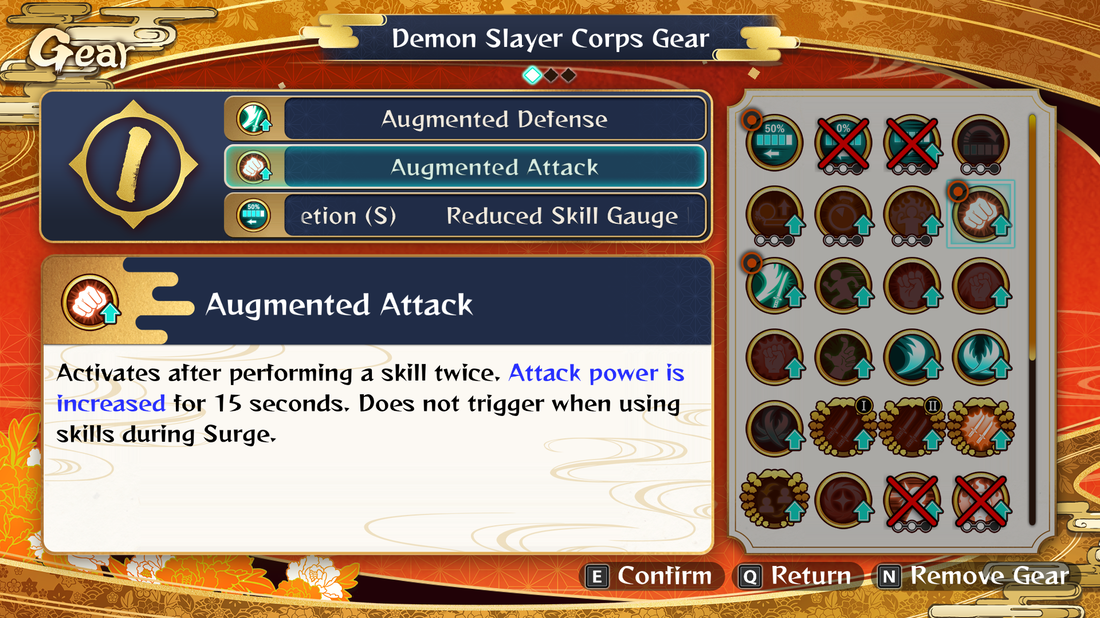
This not only innovates the genre but also applies a layer of prior strategy, causing the community to share specific builds and playstyles that generate greater strength in combat.
Alternative Modes
Of course, CyberConnect2 was concerned with bringing other experiences that go beyond the campaign mode and the traditional versus Local Multiplayer or against the CPU. These experiences are intended to refresh the gameplay and ensure that fans, especially casual players, stay engaged for longer.
Two are exclusively for offline play: The Path of a Demon Slayer and the Training Paths.
The Path of a Demon Slayer
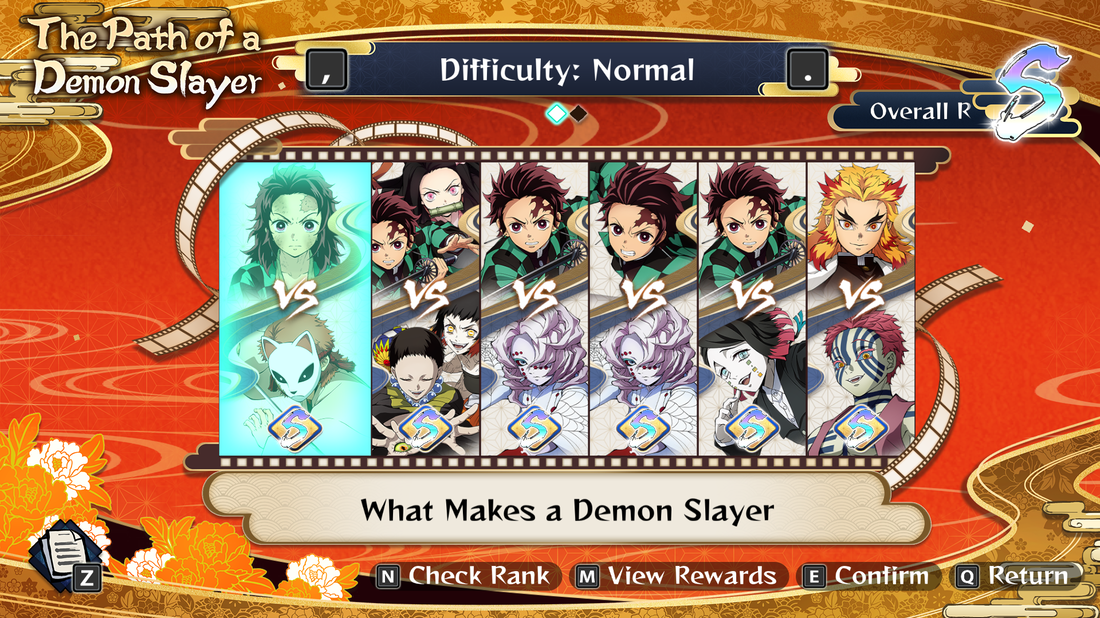
This is perhaps the simplest mode in The Hinokami Chronicles 2. You'll essentially have six battles available, on Normal and Hard difficulties, which tell a bit more of the story with cutscenes before and after the fight.
There are few battles, and aside from the cutscenes, they don't add much to the experience. In less than an hour, you should be able to complete them all.
Training Paths
Training Paths are a sort of Roguelike, where you choose one of nine Hashira to be the final boss of the run, with difficulty ranging from Beginner, Intermediate, and Advanced.
As you assemble your team, with two characters and Gears, you'll encounter various paths filled with fights or rewards.
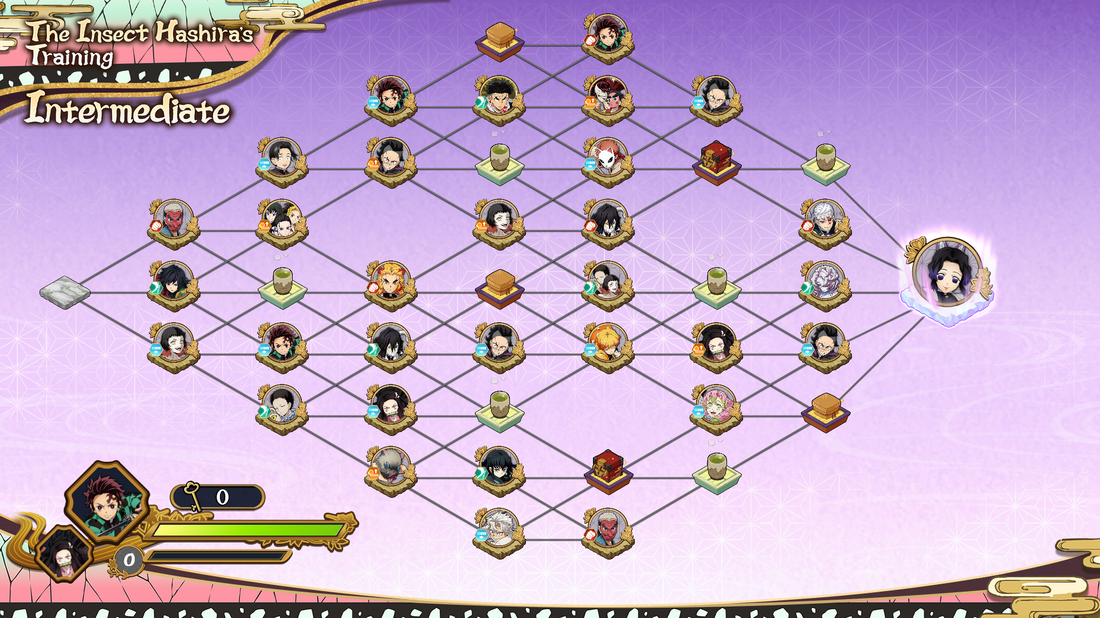
Each opponent offers a Gear as a bonus, as long as you follow the existing condition, as in the image below, of winning with more than 40% HP remaining.
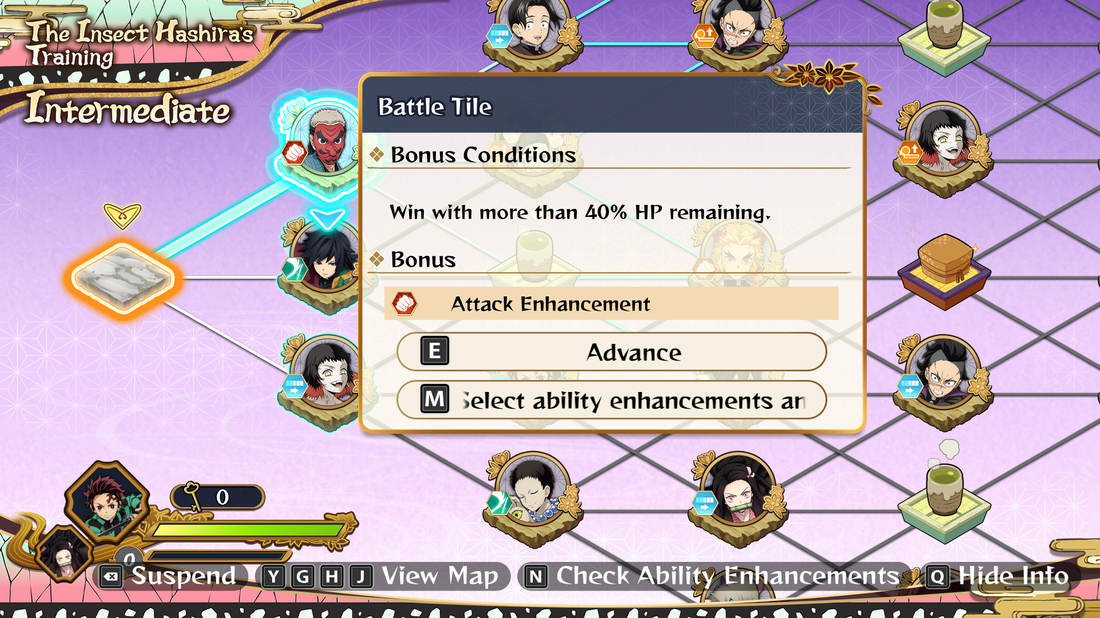
Your health doesn't recover between battles, and if it reaches zero, you'll have to restart the run. It’s a fascinating proposal, and will lead you to spend hours testing different builds and paths.
This mode provides some rewards, but many are simple cosmetics—like cards—for your profile, nothing particularly memorable. However, from experience, the Training Paths are enjoyable.
Online Mode
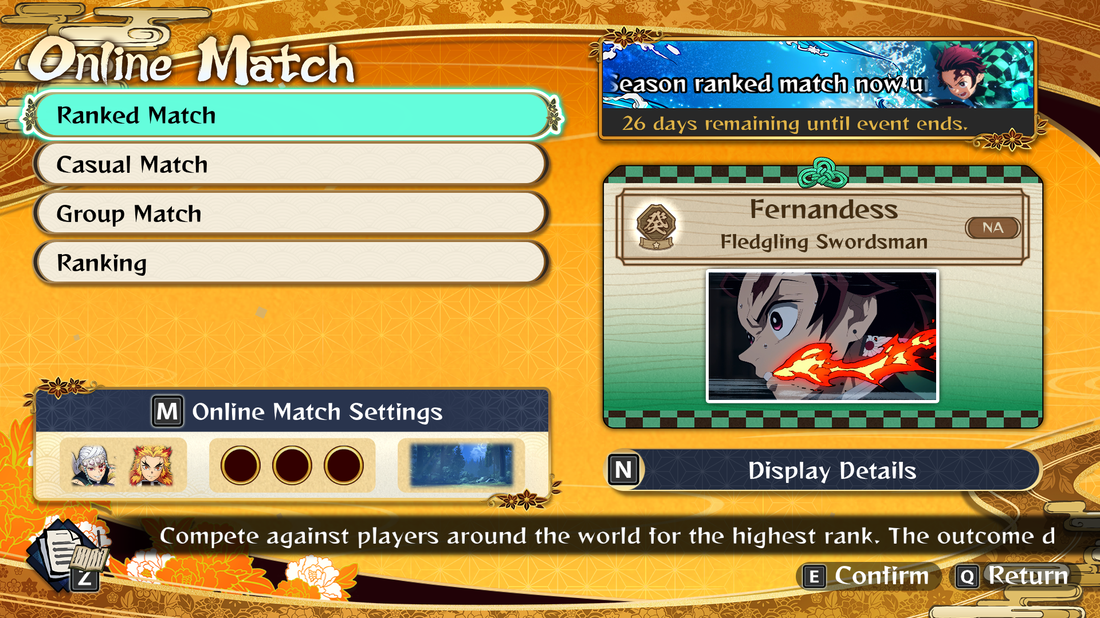
The online content here includes not only ranked and casual matches, but also public or private groups, allowing you to compete with up to eight players.
Since our review period took place mainly before the game's official launch, it was quite difficult to find groups to test this feature. However, I had no problems searching for casual or ranked matches.
Even with a few matches, I felt the matchmaking was excellent and matched me up in evenly leveled combats. Most matches went to the third round or, at the very least, were very competitive. This is a great feature of The Hinokami Chronicles 2.
Performance
We see yet another positive highlight in this topic. After playing for about ten hours, with the settings listed at the beginning of the article, I didn't experience any crashes or frame drops.
I was able to play at high quality at all times, and I had a good and stable FPS experience.
Pros, Cons and Final Rating
Pros
Cons
FINAL RATE: 6.75
Conclusion
Demon Slayer: The Hinokami Chronicles 2 is a game full of ups and downs. I don't see the story mode, especially considering only the gameplay, as very interesting. The Path of a Demon Slayer is another shallow experience for casual players.
However, the combat and cutscenes are incredible and should become a benchmark in the genre. If you're just looking for a good arena fighting game to have fun with friends or online, you're sure to find satisfaction. But casual players who prefer to explore the campaign scenarios or enjoy more offline experiences won't find many hours of entertainment.
Overall, Demon Slayer: The Hinokami Chronicles 2 is a good option if it's included in a future promotion.
I hope you enjoyed this review; it was produced thanks to a key provided by SEGA's press office. I'm available in the comments if you have any questions or suggestions.









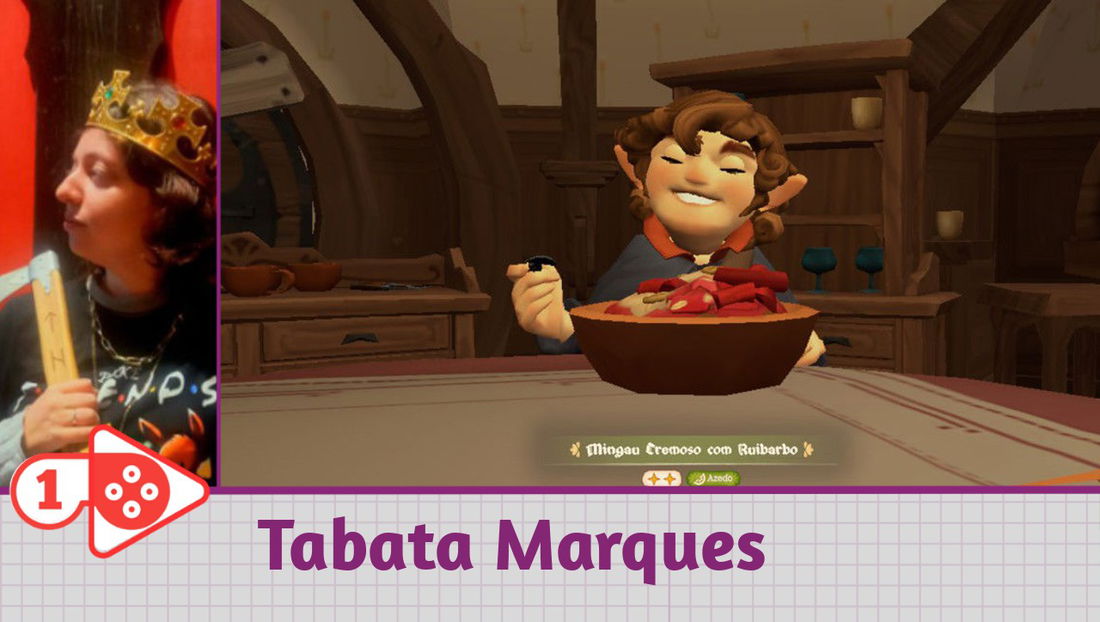
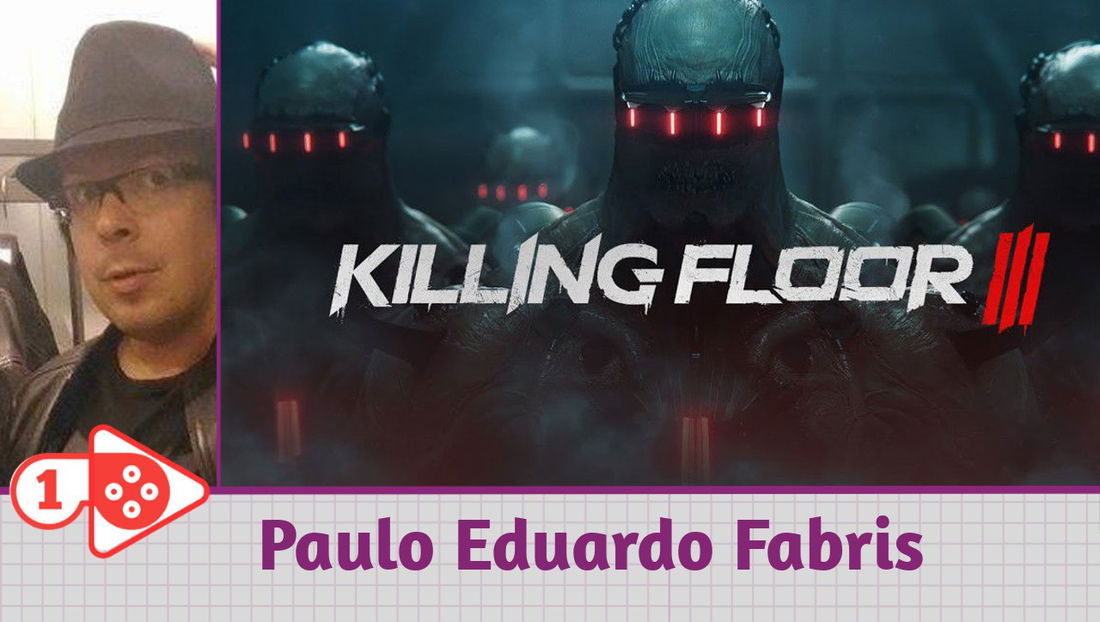

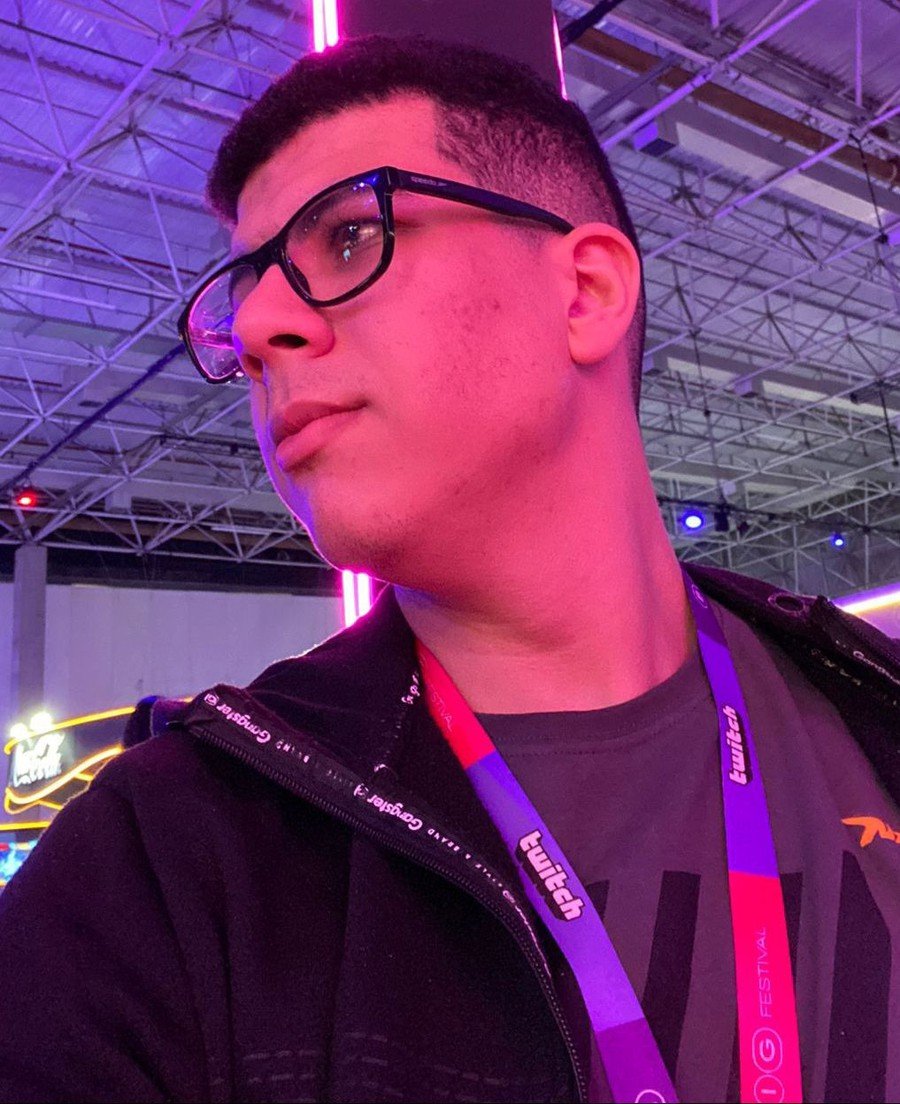

— Kommentare 0
, Reaktionen 1
Sei der erste der kommentiert